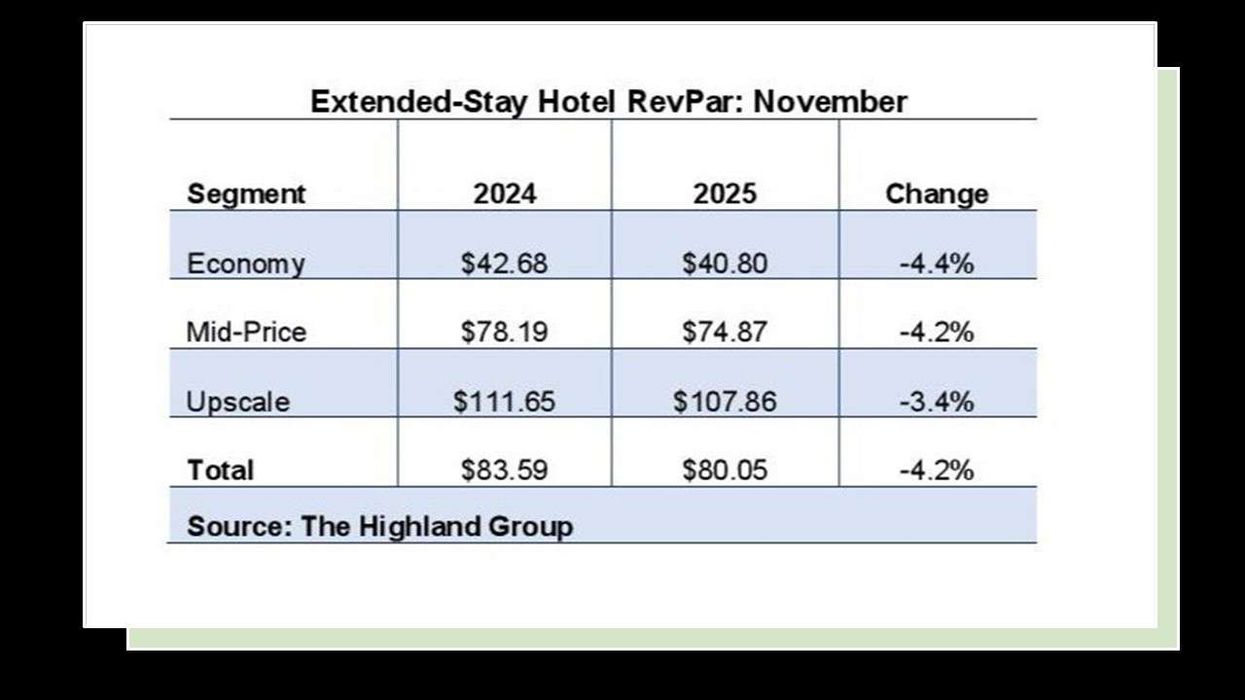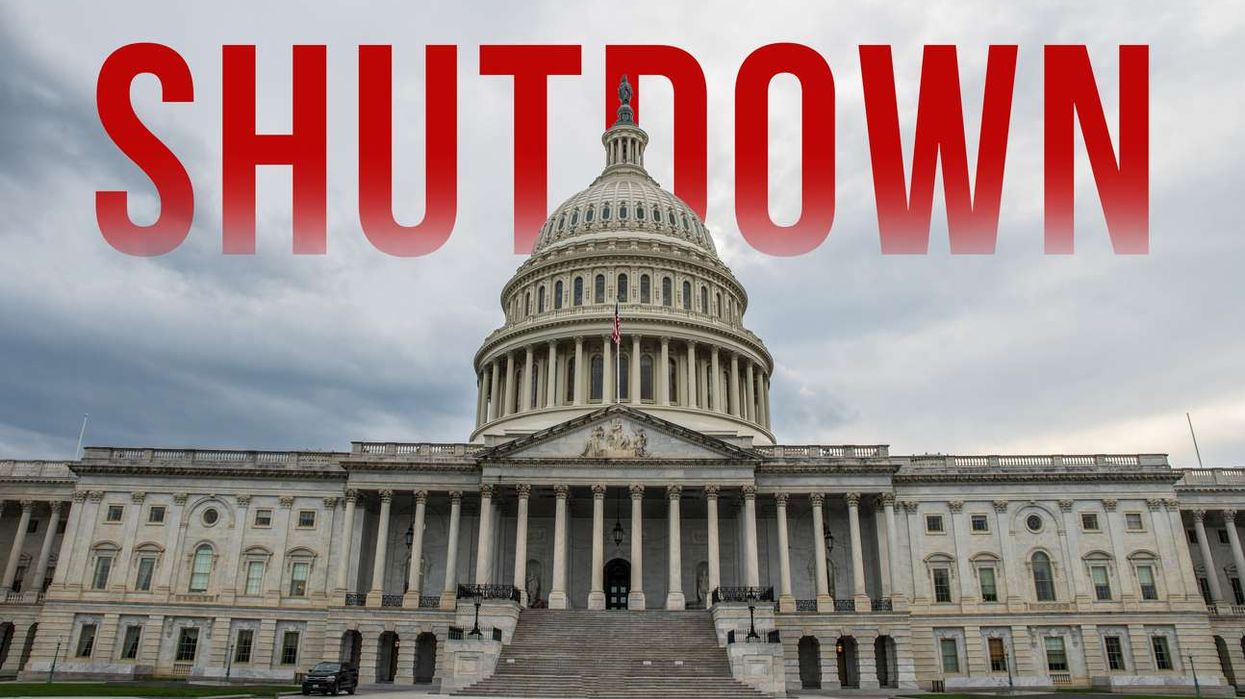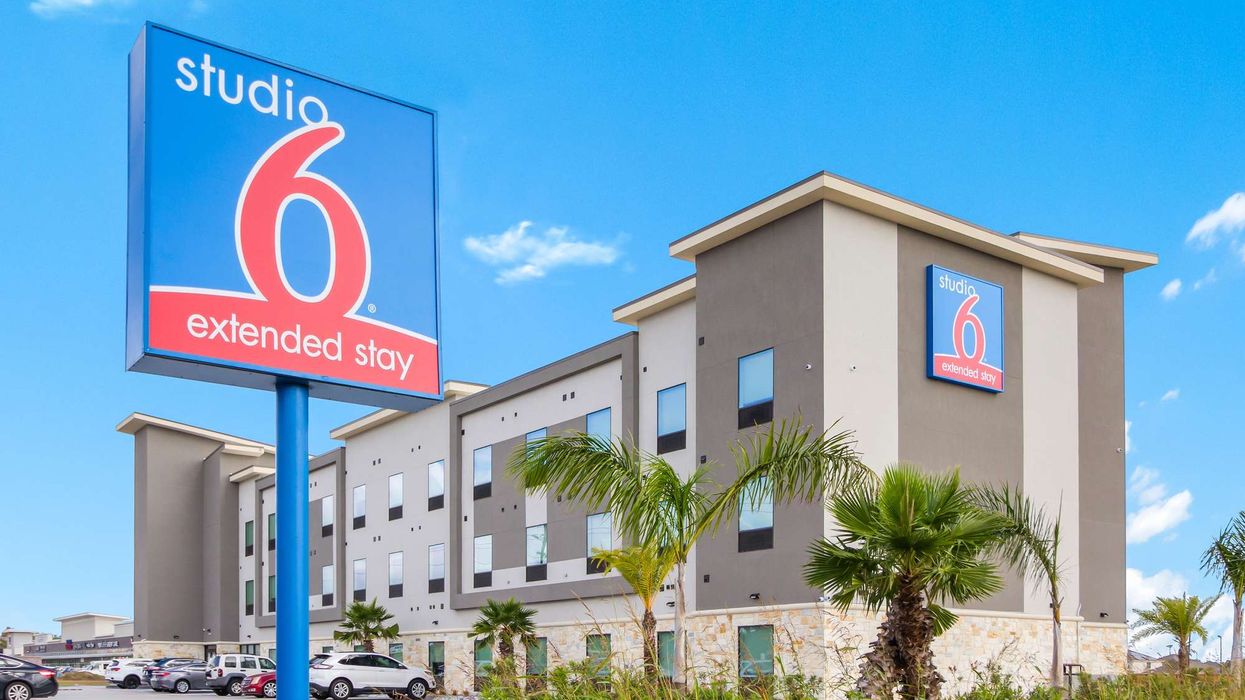If only there were a switch for stress so we can flip it whenever overwhelmed by it. As ridiculous as it may sound, it is very much possible. Although there is a lot you have to work to get that control, you can do it with persistence.
According to recent statistics, every one in five individuals in the USA faces mental health issues. And a majority of which are related to stress, depression, and anxiety.
Stress builds up in your daily life. It can be a petty argument with your partner or getting stuck in a traffic jam before work. There is no way that you can change what comes your way, in this case, stress. You surely can change the way you react to it, which will make you feel much lively and better.
If your stress is spreading out to all spheres of your life, then the following few tips will help you on your journey to recovery.
Identify Your Stress Factors
Before you begin working on managing your stress, you need to work out what stresses you out. Most people fail to make lifestyle changes to fight stress because they do not know where to begin or where to look for the results.
You usually stress out when you lose control or fear losing control. Sound familiar?
To elaborate, stress from a workplace comes when you have too many tasks than you can handle. Similarly, you get nosy in a traffic jam because you can't control getting out of there.
Identifying your stress factors will help you avoid them. For example, if you get stuck in traffic every morning, changing your commute timing or route will rid you of the needless morning stress. Or, not volunteering for extra work at the office will keep your productivity high.
Socialize
We all go through an episode of heartbreak in life, after which we decide to shut people out. It can happen at any stage in life. And in the beginning, being on your own feels addictive and therapeutic. Still, you eventually need to step out and burst your bubble.
You cannot live this life on your own. You need someone you trust and can rely on—kind of like how Frodo needs Sam, and Harry needs Ron.
If you do not fancy large social gatherings, then going out with the people you love is an option to consider. What socializing does is that it lets you know you're not the only one. Everyone is fighting a battle of their own. And sometimes, seeing others strive through theirs gives you hope.
But the most important reason to socialize is so that you can unwind. With no one to talk to, your stress keeps building up and may lead to depression and anxiety.
Hemp For Stress Relief
There are so many ways in which you can channel and relieve your stress. From food supplements to fidget spinners, you just need to make out what works best for you.
However, the tide of the decade is more inclined towards hemp products for instant stress relief. Since the legalization of medicinal marijuana and CBD is rapid across states and countries, it is about time you get to reap the movement's benefits.
Read more to know about CBD vape pens and how it fights stress. CBD is a non-psychoactive compound in hemp that helps you relax and relieves the tension in muscles. So, you don’t have to worry about getting too distracted while at work either.
You need to change CBD cartridges to have CBD vape juice, and that’s about all the effort you need to put into fighting stress. The natural therapeutic properties of hemp and cannabis are unparalleled by any other alternative. They have zero side effects when compared to over-the-counter stress and depression pills.
Take Care Of Your Body
Your body is the temple of your soul, and that's about it.
Typically, you compromise your health on the first sign of stress or anxiety. You start eating abnormally, you slouch around all day, and would rather lay on the couch than to hit the gym. Although working out sounds like a contradictory suggestion when tired, that is the only way to get your energy levels up.
Working out daily equips you to fight stress more effectively. This happens so because when you exercise, you use up the stress hormones in your body. If it were not for exercise, the stress hormones are what causes pain and spiraling thoughts.Also, working out helps your brain produce endorphins and dopamine, the happiness hormones. These not only give you the initial satisfaction but also keeps your mood elevated throughout the day.
However, working out is not the only part of caring for your body. You need to let it recover properly as well. And what could be a better recovery than sleeping?
As long as you are getting a minimum of 7 hours of sleep a day, you'll feel much energized and motivated. That is because your body had ample time to recover and is now ready to take on a new day fully charged.











